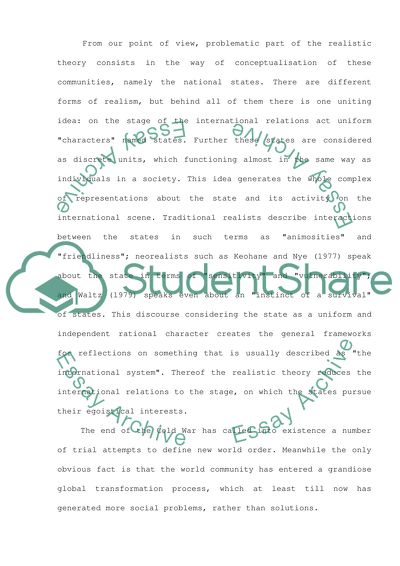Cite this document
(“International Relations Essay Example | Topics and Well Written Essays - 1500 words - 2”, n.d.)
International Relations Essay Example | Topics and Well Written Essays - 1500 words - 2. Retrieved from https://studentshare.org/politics/1504485-international-relations
International Relations Essay Example | Topics and Well Written Essays - 1500 words - 2. Retrieved from https://studentshare.org/politics/1504485-international-relations
(International Relations Essay Example | Topics and Well Written Essays - 1500 Words - 2)
International Relations Essay Example | Topics and Well Written Essays - 1500 Words - 2. https://studentshare.org/politics/1504485-international-relations.
International Relations Essay Example | Topics and Well Written Essays - 1500 Words - 2. https://studentshare.org/politics/1504485-international-relations.
“International Relations Essay Example | Topics and Well Written Essays - 1500 Words - 2”, n.d. https://studentshare.org/politics/1504485-international-relations.


